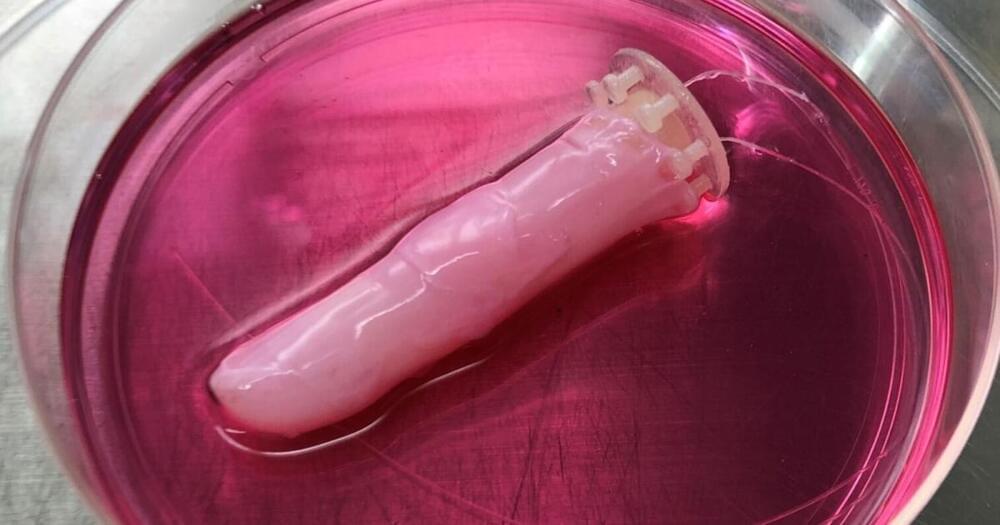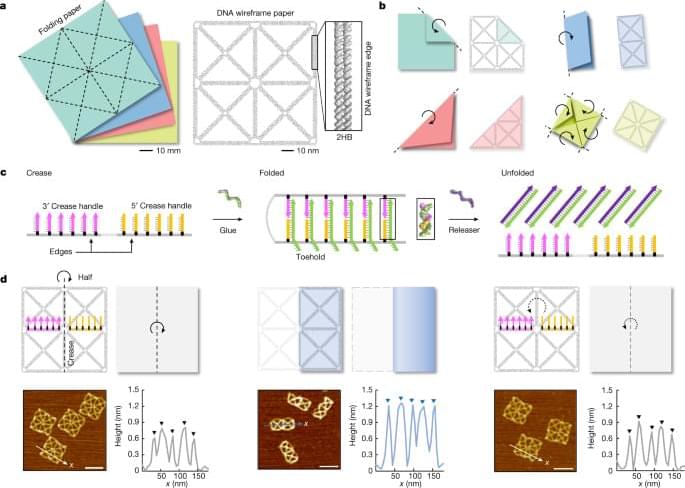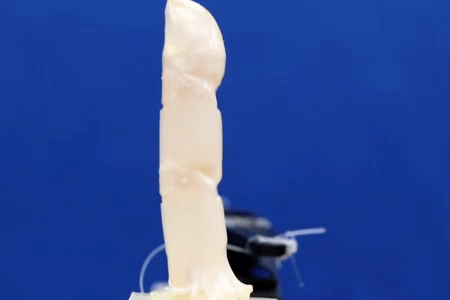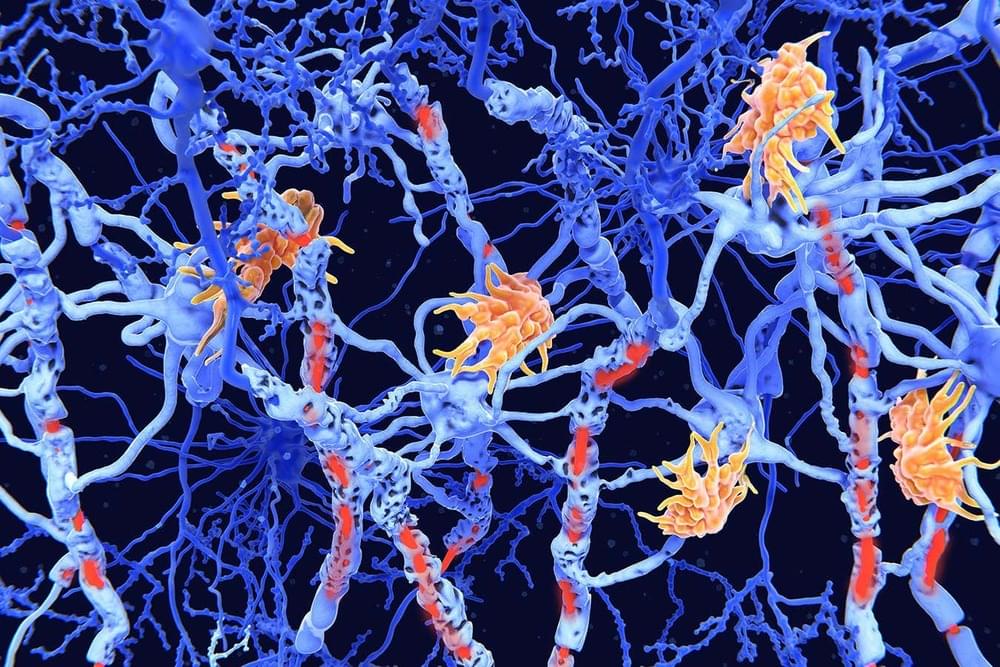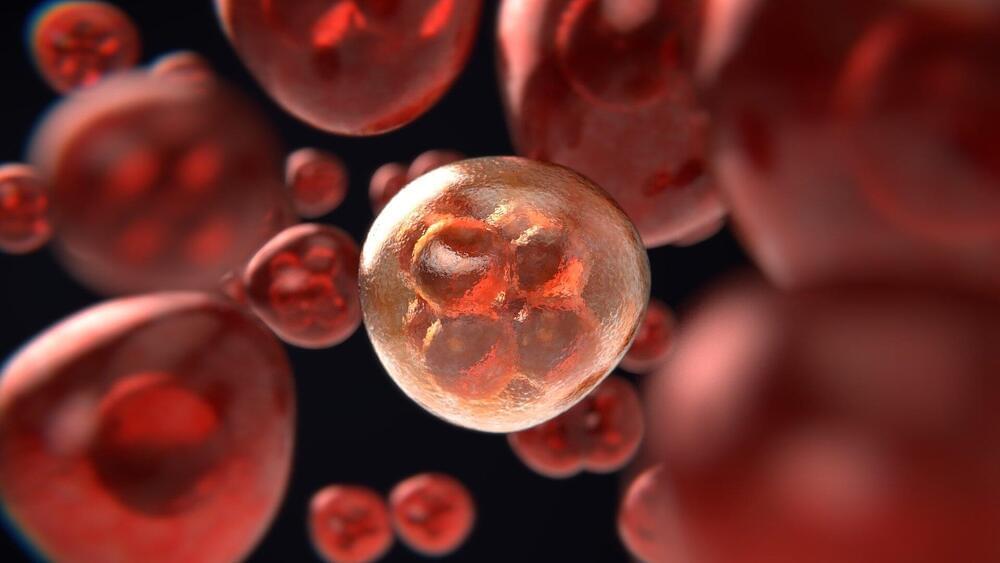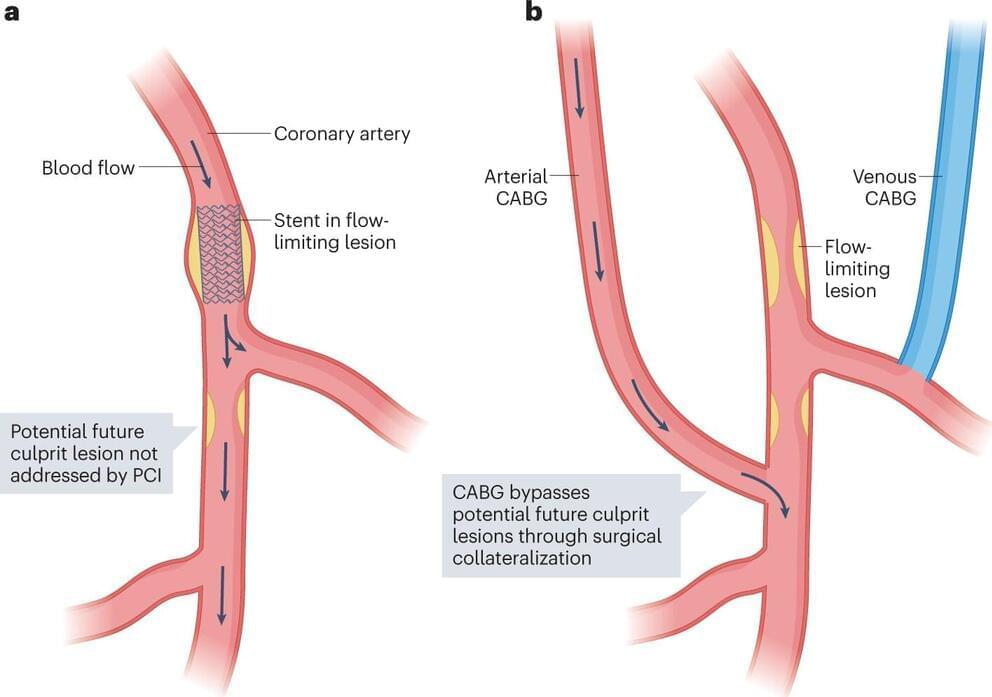Michael Levin, a developmental biologist at Tufts University, has a knack for taking an unassuming organism and showing it’s capable of the darnedest things. He and his team once extracted skin cells from a frog embryo and cultivated them on their own. With no other cell types around, they were not “bullied,” as he put it, into forming skin tissue. Instead, they reassembled into a new organism of sorts, a “xenobot,” a coinage based on the Latin name of the frog species, Xenopus laevis. It zipped around like a paramecium in pond water. Sometimes it swept up loose skin cells and piled them until they formed their own xenobot—a type of self-replication. For Levin, it demonstrated how all living things have latent abilities. Having evolved to do one thing, they might do something completely different under the right circumstances.
Slime mold grows differently depending on the music playing.
Not long ago I met Levin at a workshop on science, technology, and Buddhism in Kathmandu. He hates flying but said this event was worth it. Even without the backdrop of the Himalayas, his scientific talk was one of the most captivating I’ve ever heard. Every slide introduced some bizarre new experiment. Butterflies retain memories from when they were caterpillars, even though their brains turned to mush in the chrysalis. Cut off the head and tail of a planarian, or flatworm, and it can grow two new heads; if you amputate again, the worm will regrow both heads. Levin argues the worm stores the new shape in its body as an electrical pattern. In fact, he thinks electrical signaling is pervasive in nature; it is not limited to neurons. Recently, Levin and colleagues found that some diseases might be cured by retraining the gene and protein networks as one might train a neural network.
